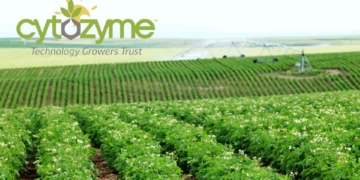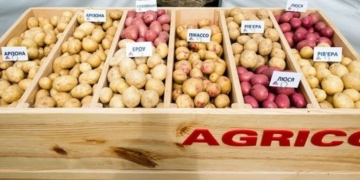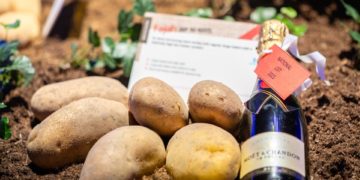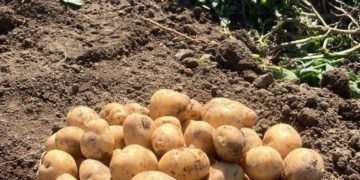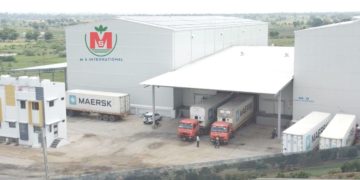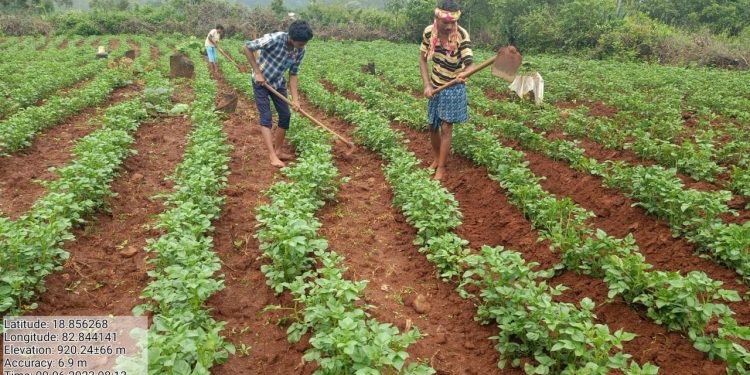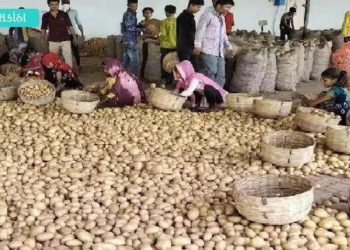In the picturesque region of Koraput in Odisha, the verdant lands of Nandpur, Lampaput Koraput, Dasmantpur, Laxmipur, Semliguda, and Pottangi blocks boast soil perfectly suited for the cultivation of kharif potatoes. These areas, characterized by their fertile earth and favorable climate, have long been hubs for agricultural activities, with potato farming holding a significant place in the local economy.
However, the tranquil landscapes of Koraput are currently overshadowed by a pressing issue faced by over 7,000 marginal farmers in the district – the unavailability of potato seeds. Despite the promising potential of the land, these farmers are struggling to procure the essential seeds required for their potato cultivation endeavors.
In a bid to bolster potato cultivation in the region, the principal secretary of the Agriculture department had taken a proactive step last year by increasing the area designated for potato farming from 1,900 to 4,000 hectares. The Horticulture department had responded by supplying potato seeds for sowing across these 4,000 hectares, benefiting a substantial number of 7,500 farmers. The government’s initiative included providing a subsidy of Rs 58,000 per hectare, incentivizing more farmers to engage in potato cultivation activities. However, this year brought a disheartening turn of events as the area under potato cultivation dwindled to a mere 750 hectares.
Reports indicate that the Horticulture department sourced seeds from West Bengal for this year’s planting season. Unfortunately, numerous farmers expressed discontent after discovering deteriorated seeds within the supplied batches, with each bag containing 10-15 kilograms of rotten seeds. As the kharif season approaches its end by July 31, a considerable number of farmers are still awaiting the arrival of quality seeds to initiate their planting activities.
Amidst these challenges, Deputy Director of Horticulture clarified that the district horticulture authorities do not directly engage in the procurement of potato seeds. Their role primarily involves the equitable distribution of seeds as per the allocations made by the state government, ensuring fair access to agricultural resources for all farmers across the region.

